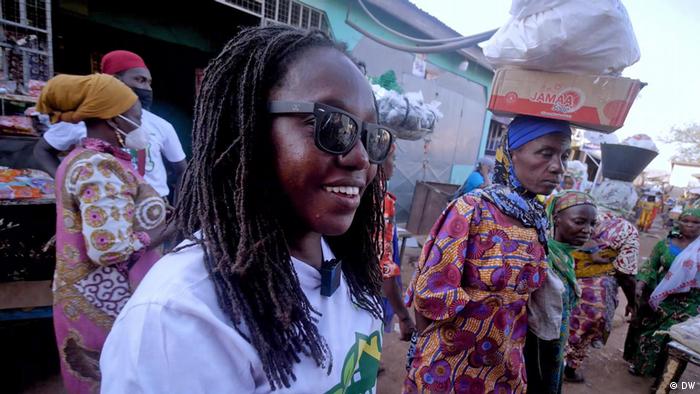Ghana’s food supply was already fragile even before the COVID-19 pandemic. Smallholder farms dominate agriculture, with low yields that are unable to feed the people. Most of the country’s food imports come from Europe and other countries. The country’s food situation worsened as the pandemic engulfed supply chains and tightened its grip. Food prices at local markets nearly doubled.
Alberta Nana Akyaa Akosa was already involved in the case before COVID-19. “Why don’t we just encourage people to grow their vegetables?” She thought. The idea inspired the founding of the NGO Agrihouse Foundation.
Alberta and her team are now teaching women all over the country to plant their own vegetable plots with the “1 Household, 1 Garden” initiative. Within weeks of its launch, hundreds signed up to the scheme. In the last five years, 26,000 women took part in the initiative.
Participants can learn how to raise rabbits or grow mushrooms, in addition to vegetable gardening. The group wants families to be able earn their own money, to have enough food for their family and to reduce dependence on global supply chains. Agrihouse Foundation encourages environmental awareness as a part of their training.
A film by Richard Ocloo & Julia Henrichmann


